The 2022 Jan Michalski Prize for Literature has been awarded to Taina Tervonen for her book Les fossoyeuses, published by Éditions Marchialy in 2021.
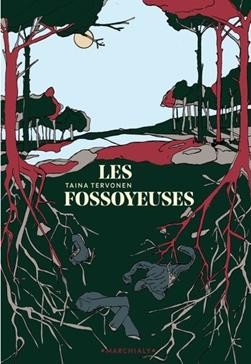
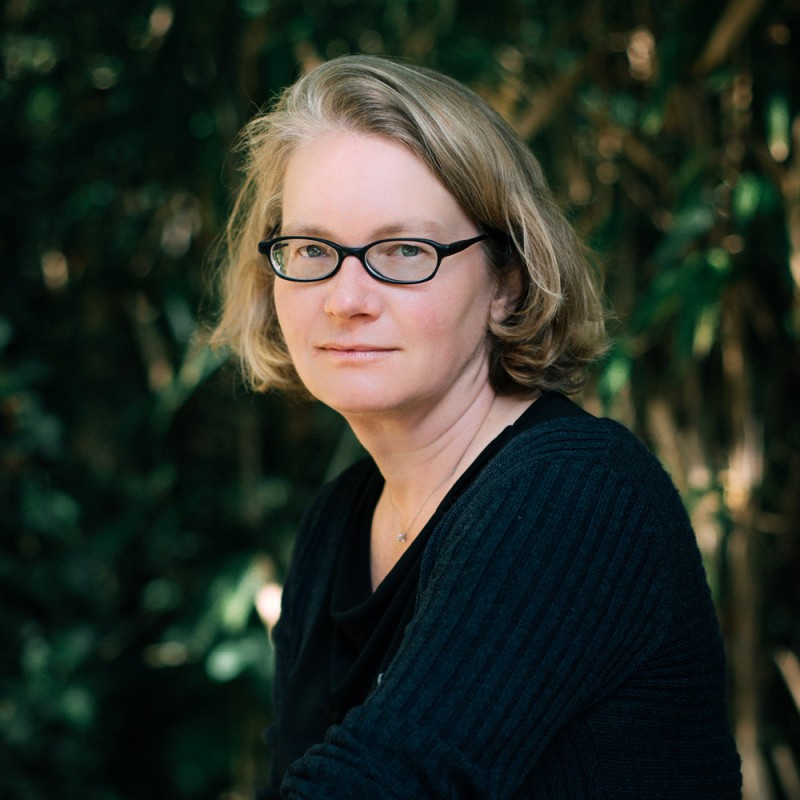
The jury emphasized “the great sensitivity with which the author, in an incredibly powerful book, takes up the painful subject of mass graves in Bosnia-Herzegovina. Les fossoyeuses brings to light the need to do the work of identifying the victims of a war whose consequences can still be felt, even if deliberately forgotten by the rest of Europe. Weaving together field investigation, sensitive portraits, travel log, and cultural and political history, her narrative and its subtle polyphony offer an original understanding of the postwar situation in the Balkans, in particular the duty to remember, when naming bodies makes it possible to soothe hearts.”
The winner of the 2022 Jan Michalski Prize for Literature is Taina Tervonen’s Les fossoyeuses. Her book takes shape around a series of visits the writer and journalist made over the course of a decade to Bosnia-Herzegovina, retracing a war that devasted the Balkans between 1992 and 1995 and led to nearly 100,000 deaths and tens of thousands of persons reported missing. The remains of 10,000 of the missing, the “disappeared,” had not yet been found in the early 2010s, when the book opens and many mass graves still hadn’t been investigated. To return at least a modicum of dignity to the victims, who were killed not only by the arms of the Serb militias but also through the negligence of the countries of Europe, and allow the affected families to mourn and perhaps close the circle of grief, such is the mission of Senem Škulj and Darija Vujinović , two women who are employed of the International Commission on Missing Persons (ICMP), an intergovernmental organization that was founded in 1996.
The forensic anthropologist in charge of the Center for Identification in Krajina, Škulj gathers the human remains found in mass graves and pieces together bodies from the bones that have been jumbled together, even scattered in some cases. Vujinović, an investigator who has also seen herself invested with the role of psychologist and therapist , meets with families in search of loved ones and relatives who disappeared during the conflict; from them she collects both memories and a few drops of blood in order to put a name on the anonymous dead by comparing DNA samples. Moved to act by the widespread ignorance surrounding their work, which is long and hard and demands a delicate touch, Taina Tervonen decided to follow them in their quest for the truth. Combining the pick, the needle, and the pen, these three powerful women are determined to mend the thread of battered memory, caring for both the dead and the living, and thus our common humanity.
One of the protagonists in her own narrative, the author shows her involvement without obtruding on the different accounts told by witnesses to the events, which she reproduces with infinite empathy and care. Adopting an unbiased outlook that is forged by a plurality of views, she avoids the dual pitfalls of distance and pure outpouring of emotion to construct an account that hits precisely the right note. Tervonen does so, moreover, in a prose that is suffused with a gentle manner, in stark contrast to the violent reality of the matter of her book. Throughout the portraits and landscapes that are resonating and complementing one another, chapter after chapter, and meeting after meeting with the victims’ families, Les fossoyeuses comes to form a veritable paper memorial. It is the whole subject of the postwar experience and reality that is thus spread out before readers’ eyes in a way that is equally moving and enlightening. It points up, too, unsuspected issues and questions that have to be raised in the context of the Balkans and elsewhere.
The Jan Michalski Prize 2022 awards Taina Tervonen an amount of CHF 50,000.00 as well as two art works by the Finnish photographer Pentti Sammallahti chosen for her: “Delhi, India, 1999” and “Przevorsk, Poland, 2005”, from the series “On Birds” silver prints made by the artist.
Laureate
Taina Tervonen
Biography
Taina Tervonen was born in 1973 in Finland and grew up in Senegal. Now based in Paris, she has been active for over twenty years in French and Finnish media as a freelance journalist while also working as a translator, documentary filmmaker, writer, and teller of true stories, as she likes to call herself. Focusing on so-called family constellations, migration, life stories, and the silences of history, she has produced several books from her long-term investigations, including, with the photographer Zabou Carrière, Fils de… (Trans Photographic Press, 2011), which paints the portrait of thirty children of homosexual parents; and Face à la vie : 1 an à Garches (OstraVista, 2013), an in-depth look at a pediatric oncology unit, with images by Baptiste Lignel. Au pays des disparus (Fayard, 2019), which considers the fate of migrants who were shipwrecked in the Mediterranean, was awarded the Louise Weiss Prize for European Journalism for the best investigative journalism. After doing two web documentaries, she completed Parler avec les morts, her first feature-length documentary on the disappeared of Bosnia, selected for the 2020 Cinéma du réel festival. She published Les fossoyeuses in 2021 at Éditions Marchialy, and Les otages : contre-histoire d’un butin colonial in 2022.
Selections
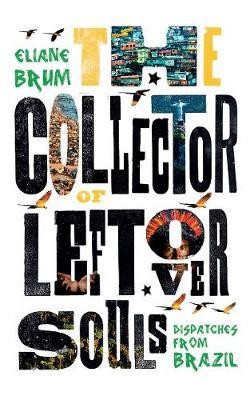
The Collector of Leftover Souls: Dispatches from Brazil
Granta, London, 2019
Proposed by Kapka Kassabova

Les fossoyeuses
Proposed by Kapka Kassabova
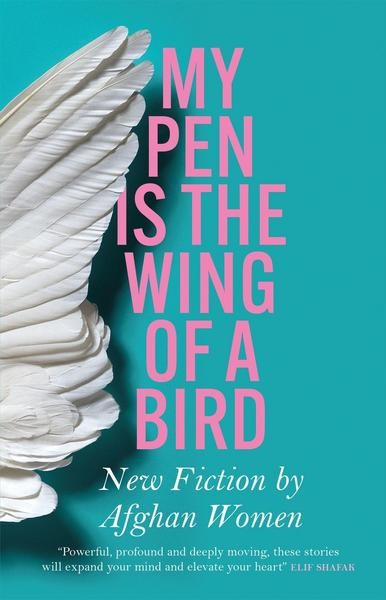
My Pen is the Wing of a Bird: New Fiction by Afghan Women
Proposed by Vera Michalski-Hoffmann
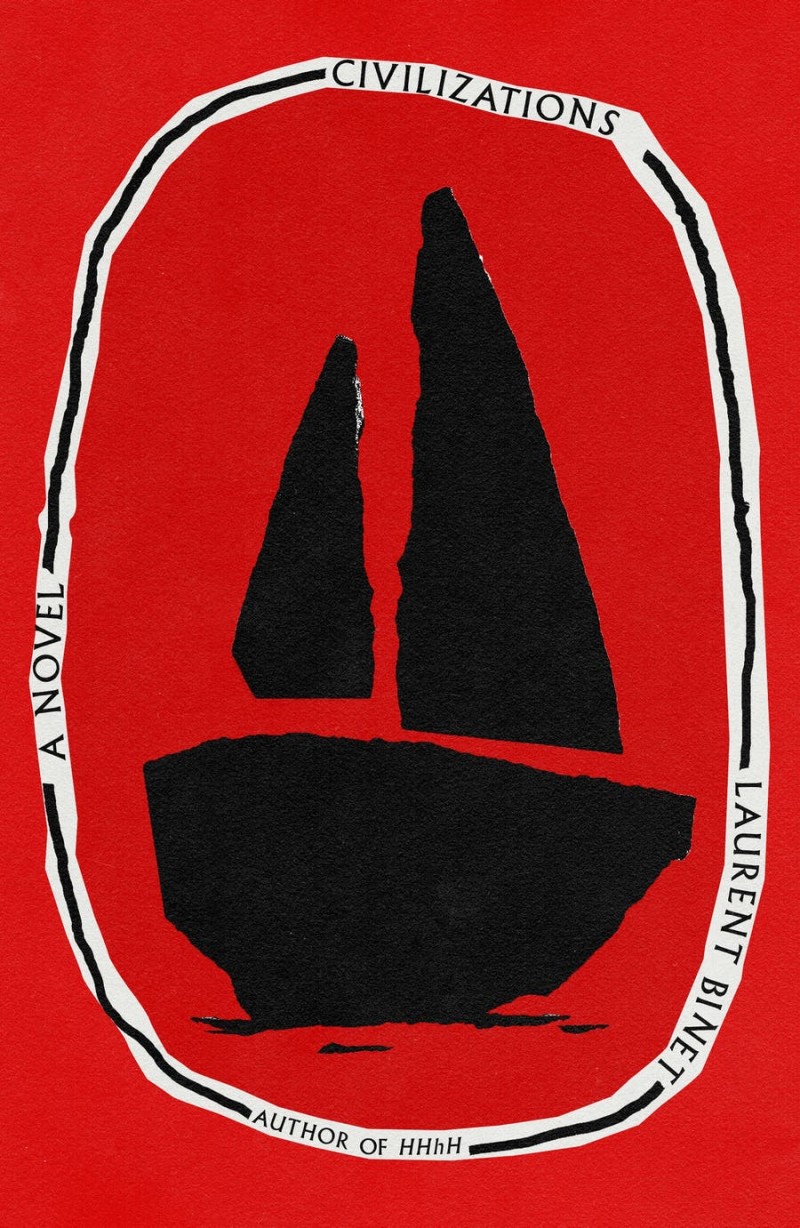
Civilizations
Farrar, Straus and Giroux, New York, 2021
Proposed by Carsten Jensen

The Collector of Leftover Souls: Dispatches from Brazil
Granta, London, 2019
Proposed by Kapka Kassabova

Les fossoyeuses
Proposed by Kapka Kassabova

My Pen is the Wing of a Bird: New Fiction by Afghan Women
Proposed by Vera Michalski-Hoffmann
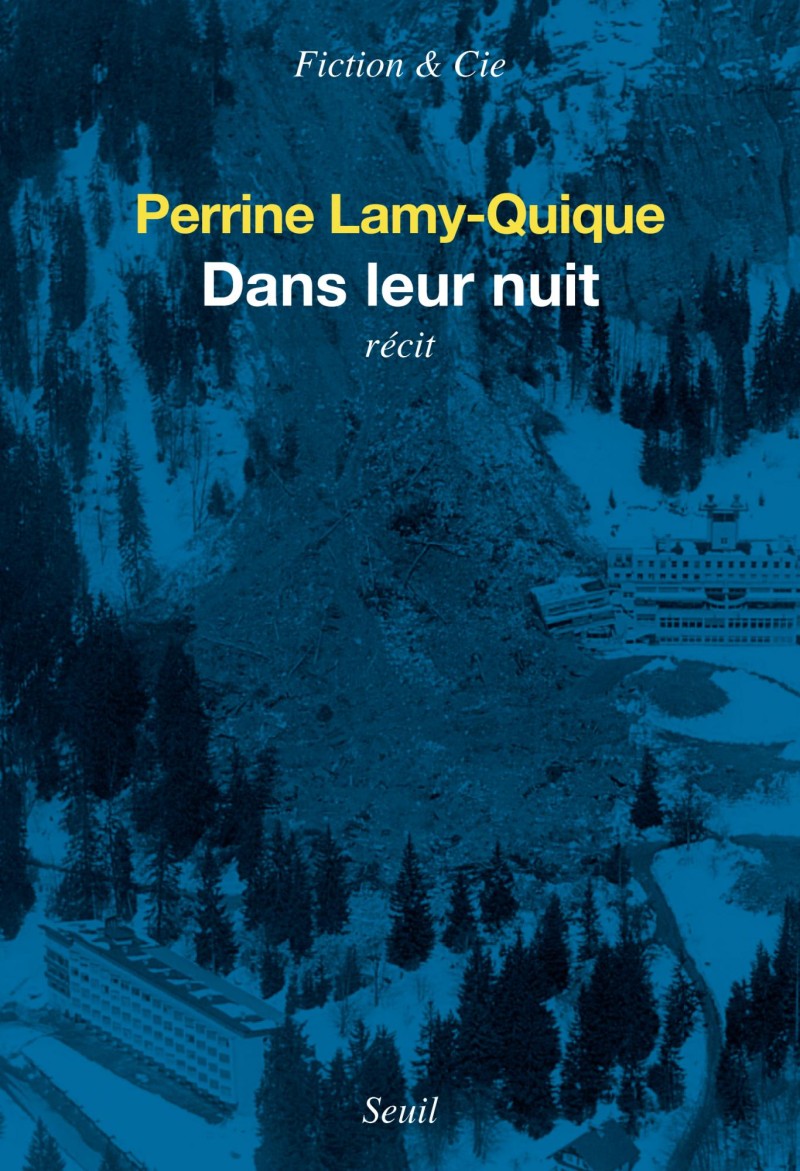
Dans leur nuit
Proposed by Valérie Mréjen
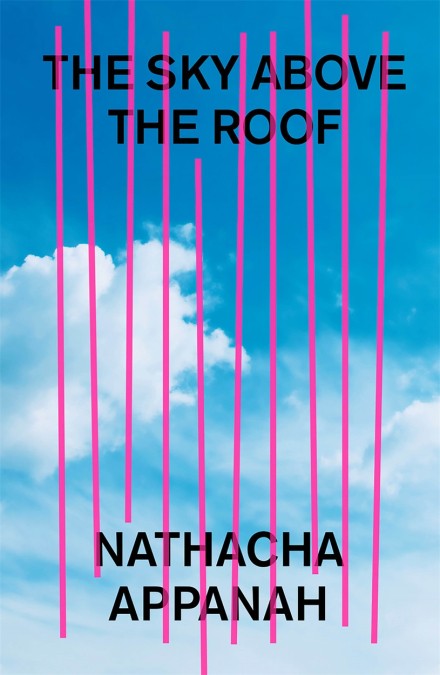
The Sky Above the Roof
MacLehose Press, London, 2022
Proposed by Jonathan Coe
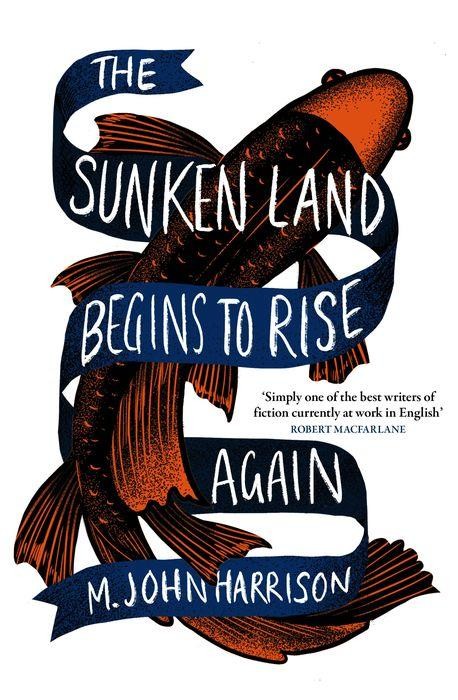
The Sunken Land Begins to Rise Again
Proposed by Jonathan Coe

Civilizations
Farrar, Straus and Giroux, New York, 2021
Proposed by Carsten Jensen
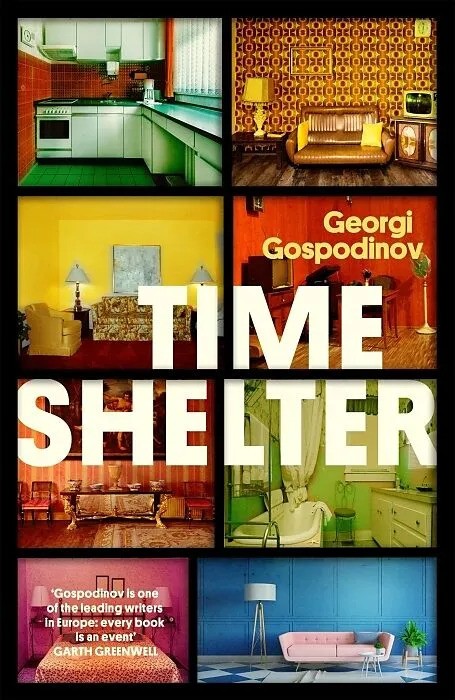
Time Shelter
Weindenfeld & Nicolson, London, 2022
Proposed by Carsten Jensen

The Collector of Leftover Souls: Dispatches from Brazil
Granta, London, 2019
Proposed by Kapka Kassabova

Les fossoyeuses
Proposed by Kapka Kassabova
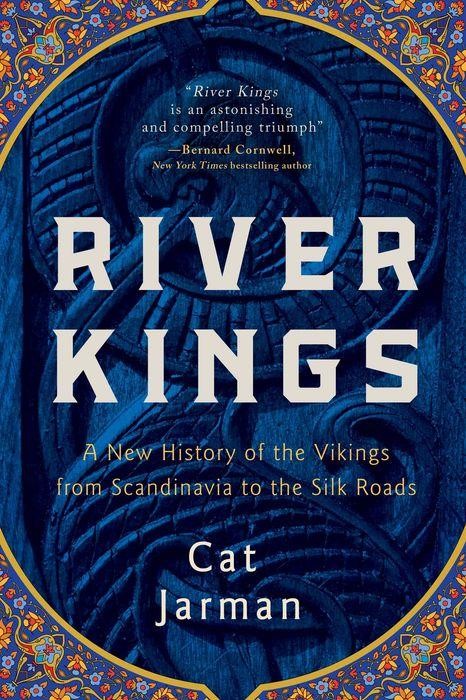
River Kings: A new history of the Vikings from Scandinavia to the Silk Roads
Proposed by Vera Michalski-Hoffmann

My Pen is the Wing of a Bird: New Fiction by Afghan Women
Proposed by Vera Michalski-Hoffmann

Dans leur nuit
Proposed by Valérie Mréjen
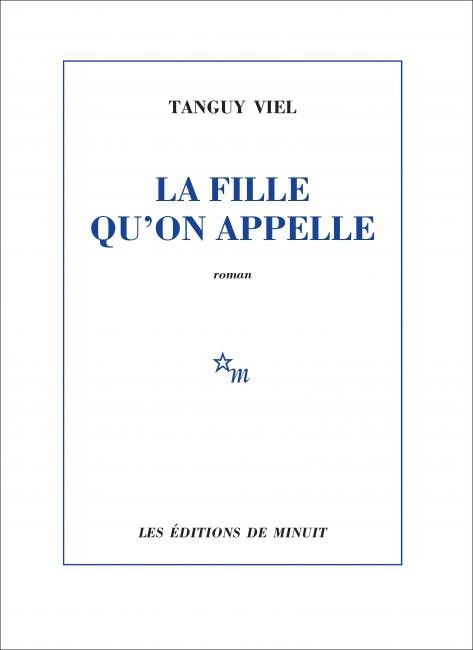
La fille qu’on appelle
Proposed by Valérie Mréjen
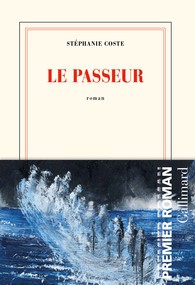
Le passeur
Proposed by Anne Nivat
Jury
Vera Michalski-Hoffmann, President of the jury
The publisher Vera Michalski-Hoffmann, born in 1954, who has always been committed to promoting literature and the written word, founded the publishing group Libella with Jan Michalski. Since 1986 numerous authors have been brought out in French, Polish and English at various publishing houses, including Noir sur Blanc, Buchet-Chastel, Phébus, Wydawnictwo Literackie, and World Editions. In 2004 Vera Michalski created the Jan Michalski Foundation for Writing and Literature, whose mission is to foster literary creation and encourage the practice of reading through a range of initiatives and activities.
Jonathan Coe
The British novelist and biographer Jonathan Coe was born in 1961 in Birmingham (UK). He studied at the King Edward’s School and Trinity College, before going on to earn a PhD in English literature. He teaches at the University of Warwick. Coe made a name for himself internationally with his fourth novel, What a Carve Up! (Viking Press, 1994). The French translation, published the following year (Testament à l’anglaise, Gallimard, 1995), was awarded the Prix du Meilleur Livre étranger in 1996. His body of work has earned Coe a number of awards in his native Britain; published by Gallimard, his books have also garnered several prestigious prizes in France, including the 1998 Prix Médicis étranger for La maison du sommeil (The House of Sleep), and the 2019 European Book Prize for Le cœur de l’Angleterre (Middle England). In 2004 he became a Chevalier of the Ordre des Arts et des Lettres de France.
Carsten Jensen
The writer and journalist Carsten Jensen was born in 1952 in Marstal (Denmark). After graduating from the University of Copenhagen with a master’s degree in literature, Jensen started writing for the daily Politiken and became a regular contributor to a number of titles in the Danish press. In 1997 he received the Danish booksellers’ Golden Laurel Award for his travel book Jeg har set verden begynde. In 2001 he began teaching at the Faculty of Arts of the University of Odense. His first novel, Vi, de druknede (We, the Drowned), published in 2009, enjoyed great critical and popular success and earned him the prestigious Danske Banks Litteraturpris while the French translation of the book took the Prix Gens de mer at the Étonnants Voyageurs (Amazing Travelers) Festival of Saint-Malo. In 2010 Jensen was awarded Olof Palme Prize. His monumental novel Den første sten (The First Stone) about a group of Danish soldiers who volunteered to serve in Afghanistan was published in 2015. His work has been translated in some twenty countries.
Kapka Kassabova
Born in 1973 in Sofia, Bulgaria, Kapka Kassabova is the author of several collections of poetry, novels, and narrative nonfiction books in both Bulgarian and English. In 1992 her family emigrated to New Zealand, where she studied French, Russian and English literature and published her first texts. In 2005 she settled in Scotland. Her first two books to be brought out in French by Marchialy, Lisière (2020; originally published as Border in 2017) and L’écho du lac (2021; originally published as To the Lake in 2020), have won several awards, including Prix Nicolas Bouvier, special mention for the Prix du livre européen, and the Prix du Meilleur Livre étranger for nonfiction. Her work has been translated into some twenty languages. Her forthcoming book in English, Elixir, will be brought out by Jonathan Cape/Graywolf.
Valérie Mréjen
Born in 1969 in Paris, Valérie Mréjen is a French novelist, visual artist, and director of films and videos. A graduate of the École nationale supérieure d’arts of Cergy-Pontoise in 1994, she began by publishing artist’s books before entering the field of audiovisual production. She has made a number of short films and documentaries, including Pork and Milk (2004) and Valvert (2008), as well as the feature-length drama En ville (distributed internationally as Iris in Bloom) with Bertrand Schefer in 2011, which was shortlisted the same year for the Quinzaine des réalisateurs at Cannes. She published Mon grand-père (1999), L’agrume (2001), and Eau sauvage (2004) at Éditions Allia, and Forêt noire (2012) and Troisième personne (2017) at Éditions P.O.L. Her artwork has been shown in France and abroad, notably at the Jeu de Paume, which devoted a solo show to her in 2008.
Anne Nivat
The French journalist, writer, and war reporter Anne Nivat was born in 1969. A specialist of conflict zones like Iraq, Chechnya, and Afghanistan, she is the author of many works published by Fayard, including Chienne de guerre (2000; published in English as Chienne de Guerre: A Woman Reporter Behind the Lines of the War in Chechnya, 2001), which earned her the prestigious Prix Albert Londres; Islamistes : comment ils nous voient (2006), Les brouillards de la guerre : dernière mission en Afghanistan (2011), La république juive de Staline (2013), and Dans quelle France on vit (2017). She has served as an international correspondent for several newspapers, including Libération, Le Point, The International Herald Tribune, The New York Times, and The Washington Post. A specialist of Russia, she published Un continent derrière Poutine (Seuil) in 2018. La France de face, her latest book published by Fayard, is a new investigation into the concerns of the French today.